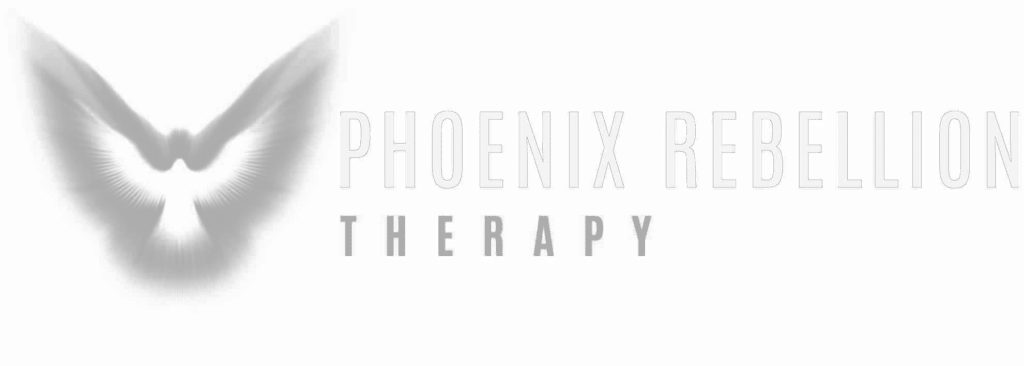What is Depression?
Depression is a common mental health disorder that affects how you feel, think, and act. The most well-known symptom of depression is sadness. Depression symptoms, however, also include loss of interest, changes in appetite, hyposomnia/insomnia, increased fatigue, feelings of worthlessness, difficulty concentrating, and thoughts of suicide. Depression affects an estimated one in 15 adults every year. It usually manifests during the late teens to mid-20s. Women are more likely to have depression than men.
Mental & Emotional Symptoms
- Loss of Interest
- Feelings of Worthlessness
- Thoughts of Suicide
Physical Symptoms
- Changes in Appetite
- Hyposomnia
- Insomnia
- Difficulty Concentrating

Depression FAQs
What are the Symptoms of Depression?
Mental & Emotional Symptoms
- Loss of Interest
- Feelings of Worthlessness
- Thoughts of Suicide
Physical Symptoms
- Changes in Appetite
- Hyposomnia
- Insomnia
- Difficulty Concentrating
Is Depression the Same Thing as Grief?
No, depression and grief are different although they can have similar symptoms.
Does Depression Run in Families?
Yes, depression can have a hereditary component. If depression is common in your family, you may be more likely to develop it.
Do You Have to Be on Medication if You’re Depressed?
Depression is an invisible beast. No outsider can see it lurking around you or jumping onto your back and covering your eyes and ears, but it can definitely do that. It can feel like an 80-pound backpack that zaps all of your energy, so you feel like you want to sleep all of the time. You may get grumpy, numb, or angry. It can convince you that you don’t want to do any of the things you normally love doing and then persuade you to sleep to avoid dealing with the whole problem. So now what do you do to get the beast off your back for at least a little while? Think about the following questions:
- Are you isolating yourself?
When the depression beast jumps on your back, it tells you to avoid others, including family, friends, coworkers, etc. Depression flourishes in isolation. Minimal interaction with others during depression states creates a breeding ground for unhealthy thoughts, often causing the depression to worsen. - Are you feeding your “Joy”?
Have you stopped doing things you enjoy? Has it been so long since you have done something that brings you joy that you can’t remember the last time? Then your “Joy” has not been fed. Feeding our “Joy” rejuvenates us, increasing our energy and zest for life. - Are you sleeping well?
Are you sleeping enough to feel rested each day? If not, consider what your nighttime routine is like. Are your bedtimes and waking times consistent every day? Any sleep problems that you could talk to your doctor about? - Have you been in the same room or office for too long?
Take a walk to another room or go outside and see what else is out there for 10-15 minutes. Take a walk on the grass without your shoes off. Get a shake or fruit smoothie and notice the flavor nuances, the temperature, and texture. Then notice how long it takes for one sip to go from your mouth to your stomach.
If your depression beast stays for 2 or more weeks or seems to recur, every month or few times a year, consider about talking to a therapist. Psychotherapy may be what you need to heal.

